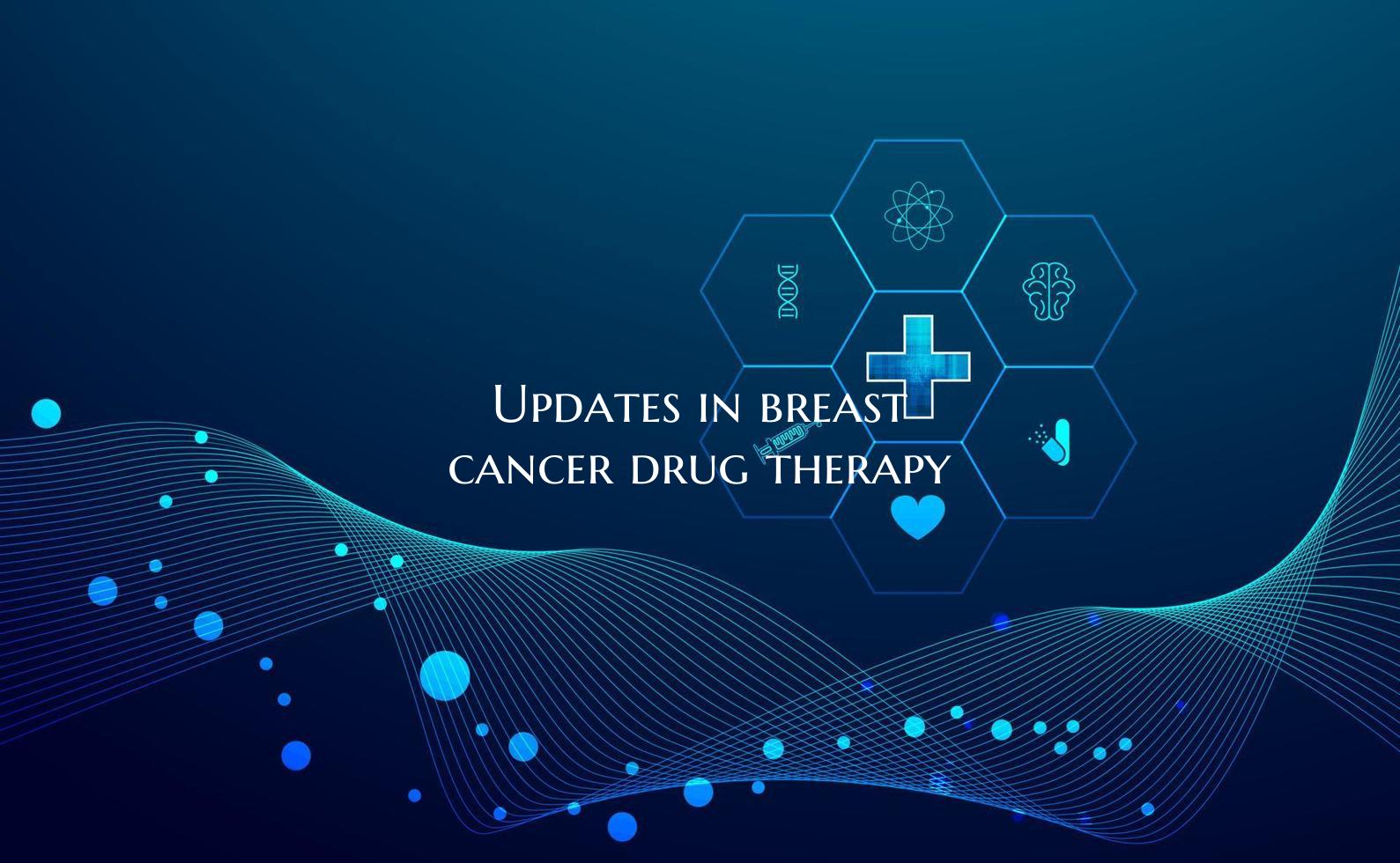
Updates in breast cancer drug therapy
Breast cancer continues to be one of the most common types of cancer affecting women worldwide. Over the years, significant advancements have been made in the field of breast cancer drug therapy, leading to improved outcomes and quality of life for patients. Here are some key updates and breakthroughs in breast cancer drug therapy:
1. Targeted Therapies: Targeted therapies have revolutionized the treatment of breast cancer by specifically targeting cancer cells while sparing healthy cells. Drugs such as trastuzumab (Herceptin) and pertuzumab (Perjeta) target the HER2 protein, which is overexpressed in some breast cancers. These targeted therapies have significantly improved survival rates in HER2-positive breast cancer patients.
2. Immunotherapy: Immunotherapy, which harnesses the body's immune system to fight cancer, has shown promise in the treatment of certain subtypes of breast cancer. Immune checkpoint inhibitors such as pembrolizumab and atezolizumab are being studied in clinical trials for the treatment of triple-negative breast cancer.
3. CDK4/6 Inhibitors: Cyclin-dependent kinase 4 and 6 (CDK4/6) inhibitors, such as palbociclib, ribociclib, and abemaciclib, have been approved for the treatment of hormone receptor-positive, HER2-negative metastatic breast cancer. These drugs work by inhibiting the growth of cancer cells and have shown significant improvements in progression-free survival when used in combination with hormone therapy.
4. PARP Inhibitors: Poly (ADP-ribose) polymerase (PARP) inhibitors, such as olaparib and talazoparib, have shown efficacy in treating BRCA-mutated breast cancers. These drugs work by targeting DNA repair pathways in cancer cells, leading to their death. PARP inhibitors are now being investigated in clinical trials for the treatment of other subtypes of breast cancer.
5. Personalized Medicine: Advances in genomics and molecular profiling have enabled the development of personalized treatment strategies for breast cancer patients. By analyzing the genetic makeup of a patient's tumor, doctors can tailor treatment plans to target specific molecular alterations, leading to improved outcomes and reduced side effects.
In conclusion, the field of breast cancer drug therapy is rapidly evolving, with new treatments and targeted therapies being developed to improve patient outcomes. These advancements offer hope for more effective and personalized treatments for breast cancer patients, ultimately leading to better survival rates and quality of life. Stay informed about the latest updates in breast cancer drug therapy to make informed decisions about treatment options.